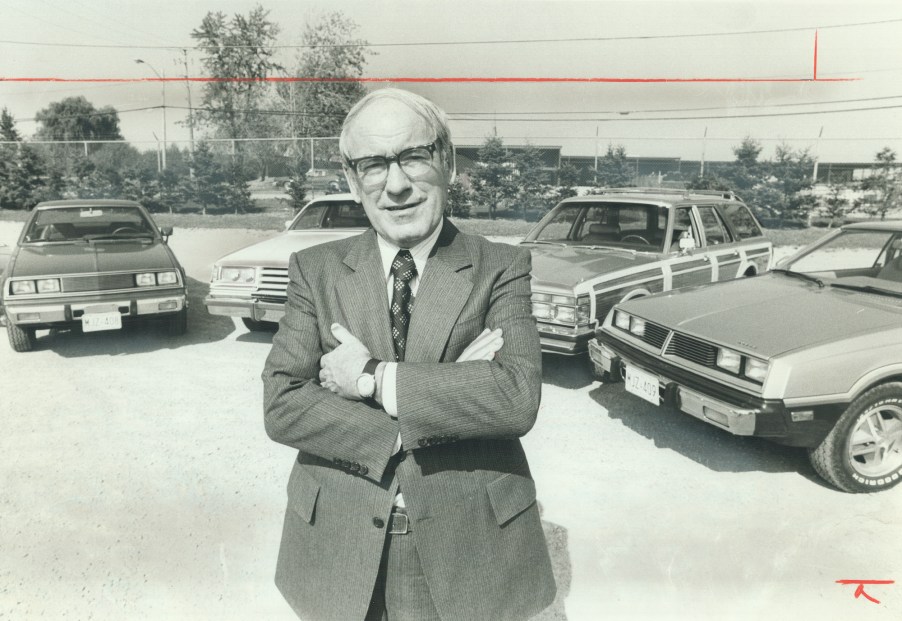
The Dodge Challenger Was Once an Embarrassing Mitsubishi Rebrand
Gearheads have long associated the Dodge Challenger with the most powerful muscle cars on the planet. The powerful vehicles have long been a favorite among car enthusiasts, but that wasn’t always the case. For a brief stretch nearly four decades ago, the Challenger was a weakly rebranded Mitsubishi that’s still an automotive embarrassment.
The Dodge Challenger: A brief history
According to parent company Stellantis, the Dodge Challenger made its grand debut in 1969 with the 1970 model. Borrowing from other giants like the Chrysler “E-body” and the Plymouth Barracuda, the Challenger immediately made an impact on an ever-growing market. The car hit the market with a remarkable range of powertrain options, from the 225-cubic-inch I-y engine making 145-hp to the 440-cubic-inch V8 harnessing 390 hp. This type of range was unheard of at the time.
Debuting during one of the most innovative times in automotive history, the Challenger was an immediate hit, selling 83,000 units its first year. And the car continued evolving, with the 1971 model upgrading the lights and adding the painted silver that helped it stand out in a crowd. The car also boasted more power with each passing year.
Though the initial run lasted only four years, it innovated a field of muscle cars in ways that still ripples through the auto industry. However, when Dodge brought the Challenger back for the 1978 model year, something was off. And it made for one of the most embarrassing moments in the car giant’s history.
Dodge failed to challenge the competition
Even Stellantis has a hard time explaining the rebranded Challenger‘s six-year run that began in the late ’70s. Dodge cut the horsepower, slashing the car’s potency. And to make matters worse, fans quickly figured out the new Challenger wasn’t the innovator its predecessors were. It was an imported Mitsubishi subcompact with less power, fewer options, and an embarrassing number of design flaws. Sales plummeted to about 13,000 units a year.
According to The Things, the 1978 Dodge Challenger was a rebranded Mitsubishi Galant Lambda. If modern drivers haven’t heard of that, it’s probably why this Challenger failed. Consumers buy a car like the Challenger for power, so when drivers took the car out on the road and got only 77 hp from a 2.6-liter engine, they were not happy with the results.
It was such a blatant failure that Dodge pulled the plug after six years and didn’t reintroduce the Challenger for over two decades. Thankfully, its recent incarnations have helped rebuild the name that was once tarnished by the shameful years from 1978 to 1984.
The Dodge Challenger returns to glory
Thankfully for muscle car drivers, Dodge learned from its mistakes and came back with a car that was worthy of its powerful name. According to U.S. News, the 2021 Challenger boasts 300 hp to a mindboggling 797 hp. Reviewers laud it for its powerful engine options, roomy interior, friendly infotainment system, and trunk space.
However, as is the case with many powerful cars, the 2021 Challenger lacks agility. But considering the car is known for its power, drivers don’t expect it to hit the road with smoothness. The 2021 model ranges in price from $28,295 to nearly $60,000 for those lucky enough to get their hands on one.
No carmaker has a flawless past, but few giants see a failure as disastrous as the second-generation Dodge Challenger. Thankfully, the carmaker turned its lemon into lemonade decades later, and now the Challenger is back in the muscle car pack.


